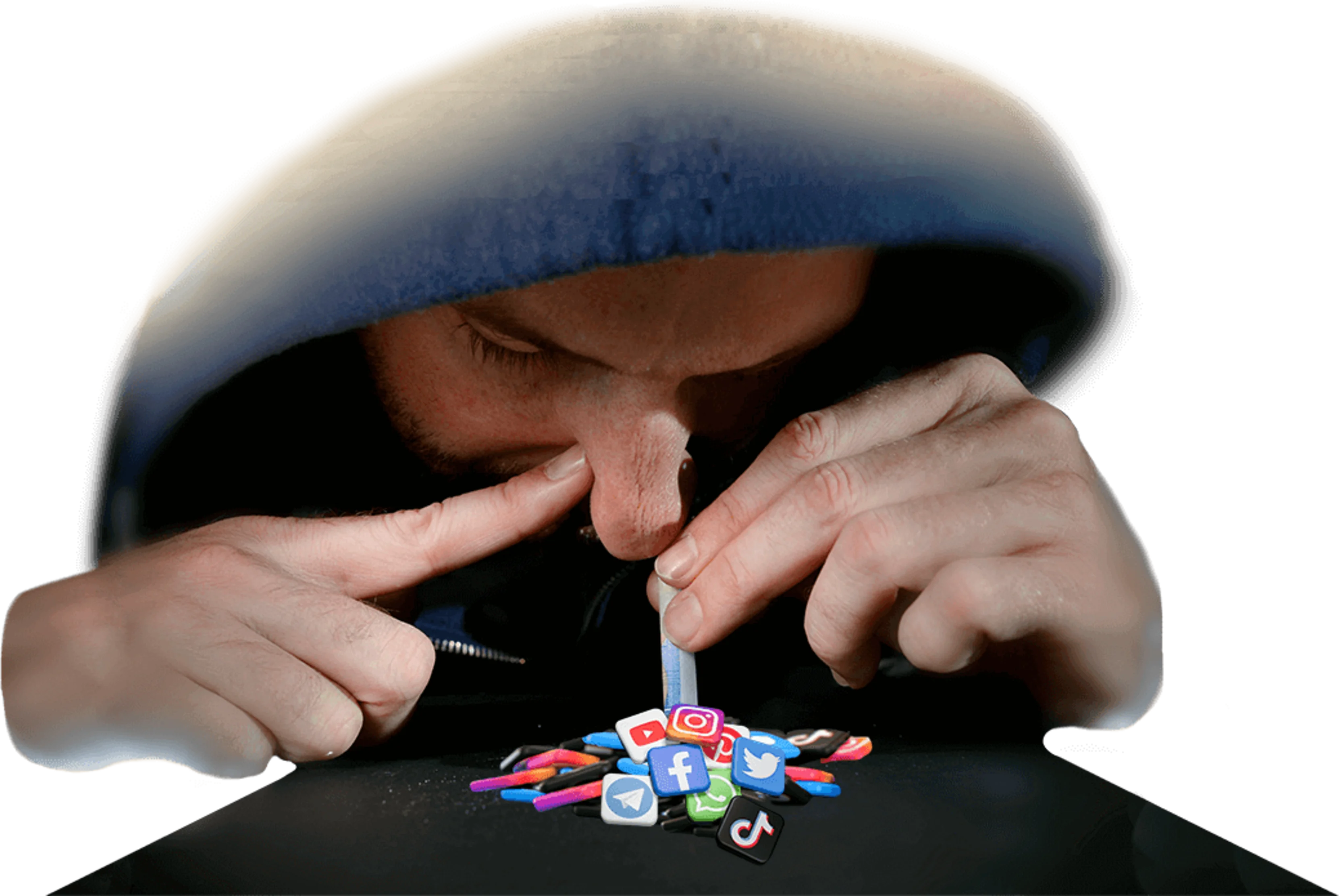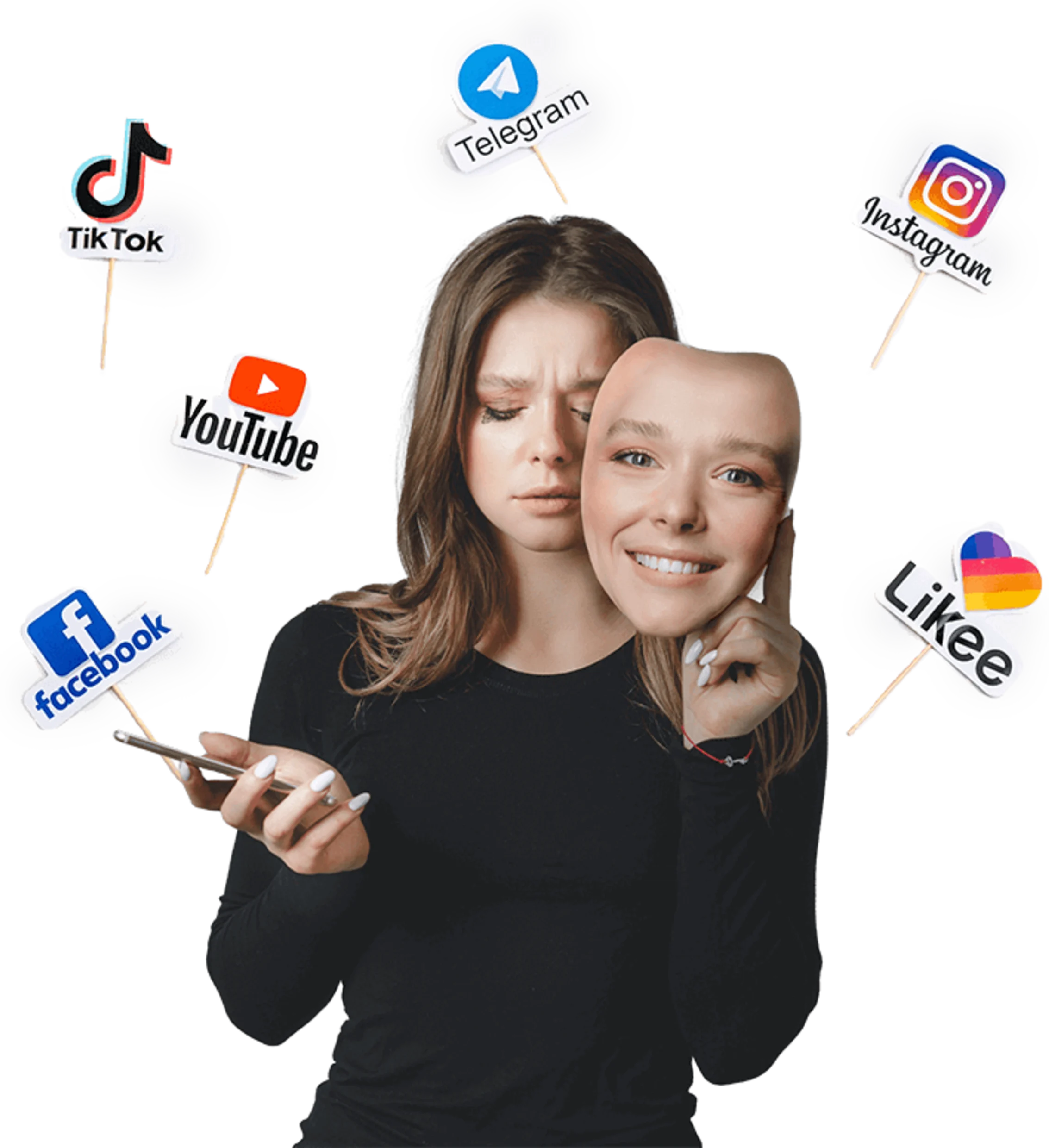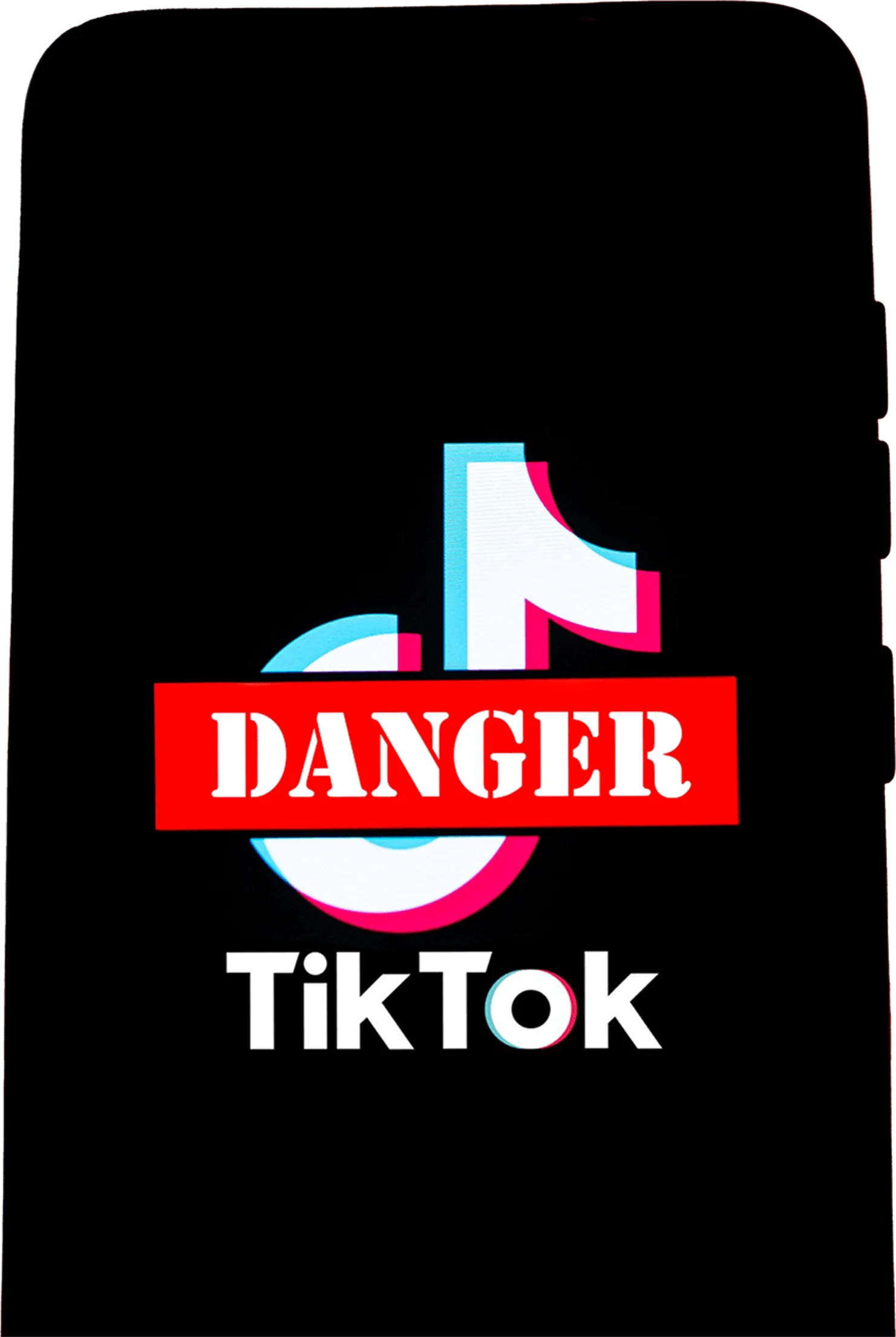What’s TikTok?
You know what TikTok is.
Well pretend I’m a Boomer.
Well okay Boomer. TikTok is what all the kids are into these days. It’s an app with more than 1 billion users worldwide. 18 million of which are from the UK and more than 150 million are from the US. 73% of us young people -that’s 15 to 24-year-olds in the UK by the way- have used the app. This crushes boomer-wasteland Facebook; past-it brand outlet Instagram and even the previously untouchable Snapchat.
Sounds like a big deal.
It is. TikTok has other social media companies quaking in their boots. It’s why YouTube introduced “shorts” to try and compete in the short-form vertically filmed video market. In 2018 Facebook launched its own-brand version of TikTok called Lasso to try and compete with the then-fledgling next-big-thing-app. TikTok kept on growing and Lasso folded after 18 months. Meta (Facebook’s parent company) was far more successful in launching reels on both Instagram and Facebook in order to siphon viewers away from TikTok. Behind the scenes they have been lobbying hard to induce a moral panic, hoping that they can get TikTok banned completely.
What kind of app is it?
Social media. It’s where the trends happen and the fads grow, it’s our generation’s water cooler. Personally I find the constant stream of content headache inducing but the idea of a Snapchat story that never ends is intoxicating to Gen-Z. Bo Burnham’s “A little bit of everything all of the time” isn’t a warning, it’s an advertisement. People are able to use the intuitive video-editing features with terrifying ease and are learning to become content creators like babies learn to walk.
And for those who prefer to remain in the audience, there is an expansive range of content. Who needs a book club when you have BookTok? TikTok is so good at categorising people into bubbles that it’s basically coined “-core” as a suffix. Like Nirvana, Beck, and plaid shirts? You’re grunge-core. Cream furnishings and dreams of living in a renovated barn? Welcome to cottage-core. The trend goes on and on and on until you’re don’t-want-to-live-on-this-planet-anymore-core.
Upon opening the app, you are greeted with the “For You” page. A video taking up the whole screen will play. It’s as simple as that, there is nothing preventing you from your beloved infinite stream of infinite content. What plays next will depend entirely on what TikTok knows about you.

What TikTok knows about me?
It’s important to note that if something is free, you are the product. Yes it’s wonderful that an app can be so personalised, so curated to passions, hobbies and biases that you didn’t know you had. But what people seem to miss is that this is to keep you on the app for as long as possible. Nobody praises a casino for its lack of distracting windows or noisy clocks, we understand that it is all a scheme to keep the user hooked. So yes, TikTok is desperate to get to know you, to know who you are and what you like, so that it can keep you on the app for as long as possible.
TikTok’s algorithm is based on one factor: what you watch. If you spend longer watching videos on French cuisine or lip-synching, then videos on French cooking and lip-synching will be boosted onto your For You page. It’s like a pub pouring you a drink before you’ve ordered one, yes it’s kind, but you’ll pay for it. This simple algorithm often leads to “How is TikTok reading my mind?” accusations as well as immense and often dangerous rabbit holes.
Isn’t that what all Social Media does?
Keep you hooked to ensure its own survival? Yes. Sell your data to advertisers? Of course. In fact, advertisers have spent more than £8.1bn on the platform last year. So it’s safe to say a lot of people are invested in keeping the app afloat.
So, what’s the big deal with the data?
The worry is that TikTok’s parent company, ByteDance, isn’t selling your data to respectable advertisers but instead handing it over to the authoritarian Chinese government.
Surely they can’t do that?
I’m afraid data-hoarding companies aren’t as ethically squeaky-clean as they might sound. ByteDance – a Bejing-based private startup with a $75bn valuation, has admitted using TikTok to track the location of reporters in an effort to plug leaks within the company. Both ByteDance and TikTok initially denied the reports, then quietly fired the four members of staff -based in both China and the U.S. - who had been improperly accessing the data of TikTok users. But ad-hoc gross misconduct is only the beginning. The real worry is that ByteDance may be forced to comply with an authoritarian Chinese law introduced in 2017, stating that “organizations […] shall support, assist, and cooperate with national intelligence efforts”.
And that means handing over user data?
Yes. Everything you’ve ever watched. Everything you’ve liked. All your secret hobbies and private passions. Your beliefs, your biases and your political opinions. That’s a lot of data and a lot more worries. In a recent five-hour mauling by US lawmakers Mr. Chew -TikTok’s chief executive- was forced to explain just how much influence the Chinese government had over TikTok. He was adamant that “ByteDance [was] not an agent of China or any other country”. But Mr. Chew was a regular old Fred Astaire, spending most of the five hours dancing around the questions, as well as making assurances that data could be stored in Texas if it would keep everyone happy. But the worry isn’t so much Mr. Chew, but China. Do you really believe a country capable of subjugating Hong Kong in the name of national security would think twice about demanding app data? I don’t. Many also fear that China could use the For You page as a chance to spread propaganda globally and at an immense rate. Indeed, after Mr. Chew’s congressional hearing, many users reported seeing a suspicious amount of pro-Chew content. It’s in TikTok’s best interest to survive and if that means flooding the app with pro-TikTok content, why wouldn’t it?
What’s going to happen to TikTok?
It is unlikely to be outright banned by any country. Few governments are that draconian. More than likely governments will continue seeking to keep TikTok at arm’s length by banning the app from government work devices and insisting that government employees do not use it on their personal devices.
You know that smoking is bad for you. I know smoking is bad for me. But banning it outright would simply be too big a civil liberty infringement.
The United States snuck a law banning the app from federal government devices through Congress last year. Canada followed suit soon after. Closer to home the EU brought in a similar ban at the end of March. As did the UK. Only India -with its incredibly frosty relationship with China owing to long-standing border disputes- had no qualms banning the app outright in 2020.
Are the influencers safe?
For now. It is far more likely for TikTok to go out with a whimper than a bang. They’ve been fined £12.7 million for illegally harvesting the data of 1.4 million UK children who aren’t supposed to have been on the app in the first place. They made a similar mistake in the US too and were fined $5.7m. If these kinds of violations were to continue then bankruptcy is a far-off possibility. Corporate mismanagement has killed too many businesses to name and I doubt TikTok is immune. It might seem crazy that something as big as TikTok could fail but size has never been a fool-proof bulwark. TikTok may be overwhelmingly popular and a symbol of the zeitgeist but Bebo, YikYak, and Vine were all once too.
So business as usual?
I believe so. The issue is that all social media is toxic and it’s difficult to single out TikTok -murky data practices aside- as being worse than any other platform. Is TikTok addictive and a slippery slope to depression? Yes. Is Facebook? Also yes. Trends spread on TikTok like wildfire, and moderators often struggle to extinguish dangerous embers like #skinnycheck and #thinspiration before they are viewed by young people struggling or susceptible to eating disorders. But anyone willing to use this evidence to shut down TikTok would then be forced to acknowledge that “32% of teen girls said that when they felt bad about their bodies, Instagram made them feel worse”.
The state will of course protect itself but there is no chance that any government will take any measure to protect public health that it absolutely doesn’t have to. You know that smoking is bad for you. I know smoking is bad for me. But banning it outright would simply be too big a civil liberty infringement. Personally I think there’s more chance of watching flying-pig-core trending than there is of a government intervention.
So until there is a Mary Whitehouse for the digital age, willing to campaign for the abolishment of what is an increasingly integral part of all our lives TikTok will no doubt go on. Facebook may even find that there is safety in numbers. I think we will have to live with TikTok until it is felled by market forces, a new app or some other unforeseen circumstances.
TikTok is of course shortening our attention spans, exposing children to things they should never see, and possibly siphoning data to the Chinese government but in the age of permanent crisis, we have simply gotten used to things like this. The main reason young people are nonplussed about the downsides of social media, is simply because we are used to it. There is little TikTok can learn about us that we didn’t already tell Facebook ten years ago.
And let’s be honest, Mary Whitehouse, the government banning what makes kids happy, rampant paranoia about companies stealing your data. There’s no real way to make a case against TikTok without…
Sounding like a boomer?
Yeah. I’m a boomer baby, so why doncha kill me?
Written by
Alistair MaxwellFreelance writer. Arts and culture enthusiast. Interested in why things are the way they are.
Read next
Do you need a Digital Detox?

Jordan Mort
Social Media: A tale of two selves and the poison of comparison culture

Lauren Chadwick
A rebrand is not enough to distract from Facebook’s mountain of scandals

Rhys Wright
Weekly emails
Get more from Alistair
The Fledger was born out of a deep-seated belief in the power of young voices. Get relevant views on topics you care about direct to your inbox each week.
Write at The Fledger
Disagree with Alistair?
Have an article in mind? The Fledger is open to voices from all backgrounds. Get in touch and give your words flight.
Write the Contrast

